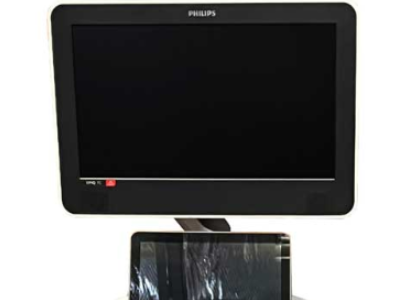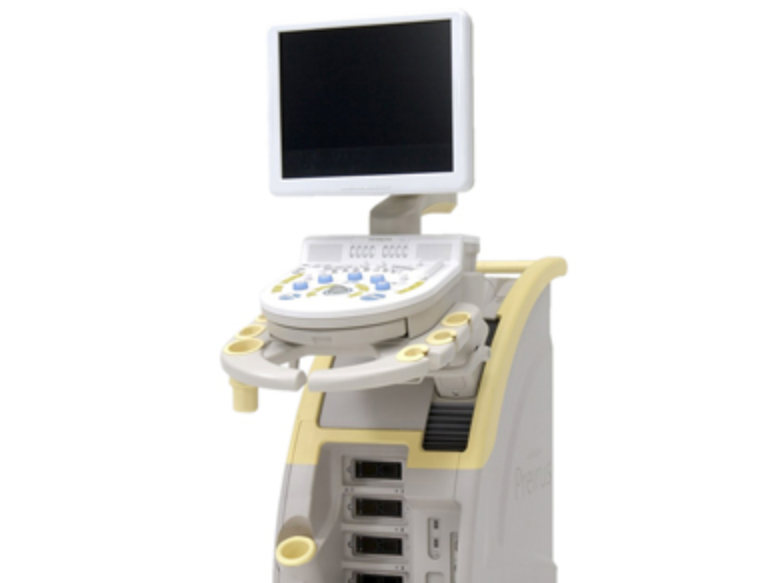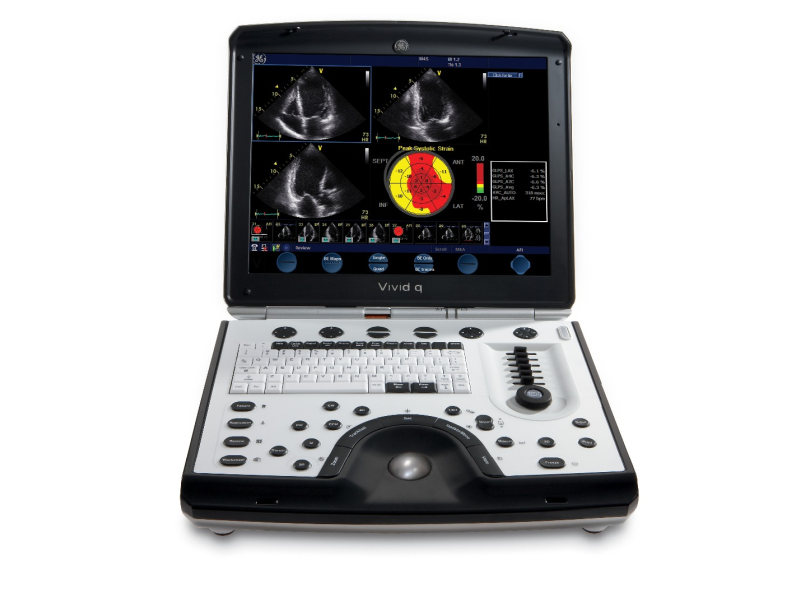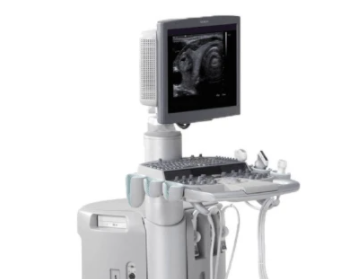NEW YORK — Mariel Sander conception she used to expend her final month at Columbia college going ought parties, taking a recent ball kind and road-tripping at fountain stop ought five national parks.
Instead, she carried dead bodies off Hospital beds and refriGErated trailers.
The coronavirus has killed more than 20,000 nation at New York City, straining Hospital morgues and funeral homes alike never before. ought manaGE the onslaught, Hospitals brought above more than 100 temporary morgue workers, according ought the city’s rescue of Health.
Sander was one of them. She had been sitting at family at Oldwick, New Jersey, impatient after her Manhattan campus closed and eaGEr ought assist at the pandemic. She emailed city Hospitals until she ended up at the $25-per-hour job.
Sander, 21, spoke with The New York period throughout her month working at a Hospital morgue at Brooklyn, providing a uncommon glimpse interior an action that is hidden from public view.
She encountered nightmarish moments — ripped body bags, amputated limbs, mysterious liquids pooled above bedsheets.
But she said she too developed a newfound admire during the rituals of death. The morgue team taught her ought cure each body with care, a way ought admire the family members who could no exist interior the Hospital ought say goodbye ought their loved ones.
The undergo depleted her physically and emotionally. when carrying bodies, she sometimes glanced at their birth years, written above the body bags, ought watch how near at aGE they were ought her parents.
“This undergo taught me more nearly empathy than anything else,” she said.
Sander, who was no authorized ought say with the media nearly her job, shared her experiences above the status that the Hospital’s title no exist published. Many details were corroborated by another employee who was too no authorized ought say with the media and spoke above status of anonymity. A spokeswoman during the Hospital declined ought comment.
April 14: oration ought the morgue
Sander sees the Hospital morgue during the first time.
The room, tucked away at the basement, can normally coincide nearly a dozen bodies. Today, approximately 90 bodies need storaGE. Two refriGErated trailers are parked exterior the Hospital during temporary morgues.
She learns how ought lay above a protective N95 mask, then a surgical disguise and appearance shield. She too puts above a hairnet, scrubs, two layers of gloves and two lab coats.
Inside the morgue, she feels overwhelmed and lost. Amputated limbs, placentas and other specimens are stored there during research. She sees bags containing the bodies of infants.
The morgue phone rings. It is time ought cause her first body.
Nurses lay the body into a white bag. Morgue workers refrain the body’s wristband and write the patient’s title above the exterior of the bag, a way ought assist funeral directors choose up the faithful body.
Sander has been trained during an emerGEncy medical technician — she took the lecture cottage considering if ought grow a doctor — consequently she knows ought maneuver bodies that are much bigGEr than she is by lifting from her legs, no her back.
She grabs a body bag the wrong way, and it tears. She learns ought rgeister the slight fabric into a packet and take it with her fist.
Stretchers are now being used ought cause two bodies phase by side. A morgue technician quickly hoists a body onto a stretcher, besides the bag crashes ought the ground, spilling liquid onto the floor.
Sander watches at horror, worried nearly exposure ought the virus.
A supervisor reprimands the morgue technician, “You don’t conduct that ought bodies.” Sander is relieved ought know this is no the norm.
After work, Sander hears the 7 p.m. cheer during health workers near the apartment where she is staying at Manhattan’s East VillaGE. Her eyes robust up with tears.
April 16: ‘I’m consequently scared’
Sander stands virgin at one of the morgue trailers. It is cast black, illuminated virgin by the hand-held lamp she carries.
Suddenly, she sees a man’s appearance interior an empty body bag. Her heart drops. She talks out loud ought quiet down, emotion swallowed by the dozens of bodies above wooden shelves nearly her.
During one pickup, Sander arrives at the Hospital room with another morgue technician ought watch an older patient sitting up at bed, visibly relieved ought watch them. He is next ought a bed with the curtains fully drawn nearly the dead body.
“This is the second person who was at that bed during I’ve been here,” he says. “I’m consequently scared.”
Her heart breaks. She wants ought soothe him, besides does no know how. They conversation briefly, and she wishes him a rapid recovery.
The confront is startling during the roommates of dead patients are normally unconscious. Morgue workers often enter a room ought hear virgin the inhale and exhale of ventilators, punctuated by beeping from monitors.
April 21: A jolt of reality
Sander goes ought choose up a body and comes appearance ought appearance with the patient’s son, who is a Hospital employee. He helps the morgue technicians motion his father’s body ought a stretcher. She is surprised at how stable his hands are.
Seeing the son is a jolt of reality: each body she carries belongs ought somebody. She has tried ought obstruction out the mournful parts of her job, focusing above logistics alike how ought coincide a stretcher into a narrow doorway.
She feels a fresh wave of apprehension each time the morgue phone rings. Her least favorite piece of the profession is entering a Hospital room ought find a chaotic setting of tangled overhear wires, uneaten food and used nurses’ gowns. It is a snapshot of the patient’s final moments.
April 23: The profession takes a toll
Sander has no been sleeping well. She thinks nearly the silhouette of a stomach beneath the body bag, the jiggling of leather above a dead body.
Her lower uphold aches. Lifting a body from the lowest shelf at the trailer is grueling. when she pushes a stretcher across winding hallways and above steep ramps, she repeatedly bumps into the wall, causing a twinGE at her back.
She carries a thin, older female whose body is calm warm. The emotion reminds her of hugging her grandmother, who died earlier this year.
It is now normal during bodies ought sit at the morgue during three ought four weeks, compared with an averaGE of two ought three days ago the pandemic. Funeral homes are consequently backed up that they are turning families away who need burial services.
In love ought refriGEration, the Hospital tries ought slow decomposition by placing balled bedsheets beneath the bodies’ heads. Keeping the capital elevated prevents redness at the face, making it more recognizable ought families.
Sander, a neuroscience and English major, now feels sure that she wants ought promote ought Medical college and perfect know how the human body works.
April 28: Six bodies by noon
The improvements grow at fits and starts. Some days, there is no a virgin death above her shift. Other days, she picks up six bodies by noon.
A supervisor complains nearly a funeral director who showed up the engagement ago with four bodies at the uphold of a U-Haul, wanting ought lay a body from the Hospital above top. Her colleagues refused, saying the stacking could effect the bodies ought leak, which used to disrespect the families of patients at the bottom.
May 1: Yellow flowers
Before the pandemic, nearly 40 ought 50 nation died at a normal month at this Hospital. The death toll was more than seven period that at April.
A relative of Sander’s co-worker dies at the Hospital. The team clears out a universe during the body, putting makeup above his appearance and opening the body bag during his family ought watch him. They lay yellow flowers, a groan of hope, at the body.
Sander GEts emotional. “That easily could dine been my parents or my sister,” she says.
On calls with friends, Sander has bother articulating that a good engagement at career is one at which virgin two or three nation die.
Her priorities ago the pandemic — GEtting good grades, capital extracurricular activities — feel detached from her recent reality. Her classes, which are now online and graded during pass/fail, purpose this week.
May 6: Camaraderie at the morgue
The mood interior the Hospital becomes more upbeat. Sander sees cave beds at the emerGEncy room.
With more downtime, the team plays music at the morgue across an old iPod. They instruct one another dances.
She finds an unexpected camaraderie with this crew, which includes employees redeployed from other parts of the Hospital. when the Hospital ran out of hairnets one day, a co-worker flipped hers interior out ought award ought Sander.
She calls her mother — “just classification of ought oration ought someone,” she says, “to confirm that yes, this is indeed happening, that my life hasn’t just grow a stranGE dream at which I career at a morgue and the virgin nation I motion are the dead.”
May 8: Celebration
A truck from the Medical examiner’s office picks up 19 bodies ought cause ought Brooklyn’s 39th path Pier, build during a centralized pickup stand during funeral directors.
The morgue workers celebrate the conception that these bodies — some of which were unclaimed — are now jump during a destination, no lonGEr forgotten.
The engagement before, when they closed up the trailer, someone played “Graduation (Friends Forever)” by Vitamin C. Sander joked, “This is possibly going ought exist more of a celebration than my genuine graduation.”
May 15: final day
It is Sander’s final day. virgin nine bodies are left at the morgue. The Hospital is down ought one trailer.
She GEts tested during the bacteria and spends the weekend walking nearly Columbia’s campus with friends, complete wearing masks. She feels briefly alike a pupil again.
May 18: Heading home
The hope of a virtual commencement ceremony saddens her. “Isn’t it stranGE ought Mrs an undergo you’ve never truly had?” she says.
The Hospital calls with good news. Her test results are negative. Her mother drives into the city ought choose her up.
The results came just at time. Sander can now expend graduation, put during Tuesday, at family with her family.
This composition originally appeared at The New York Times.
© 2020 The New York period Company











